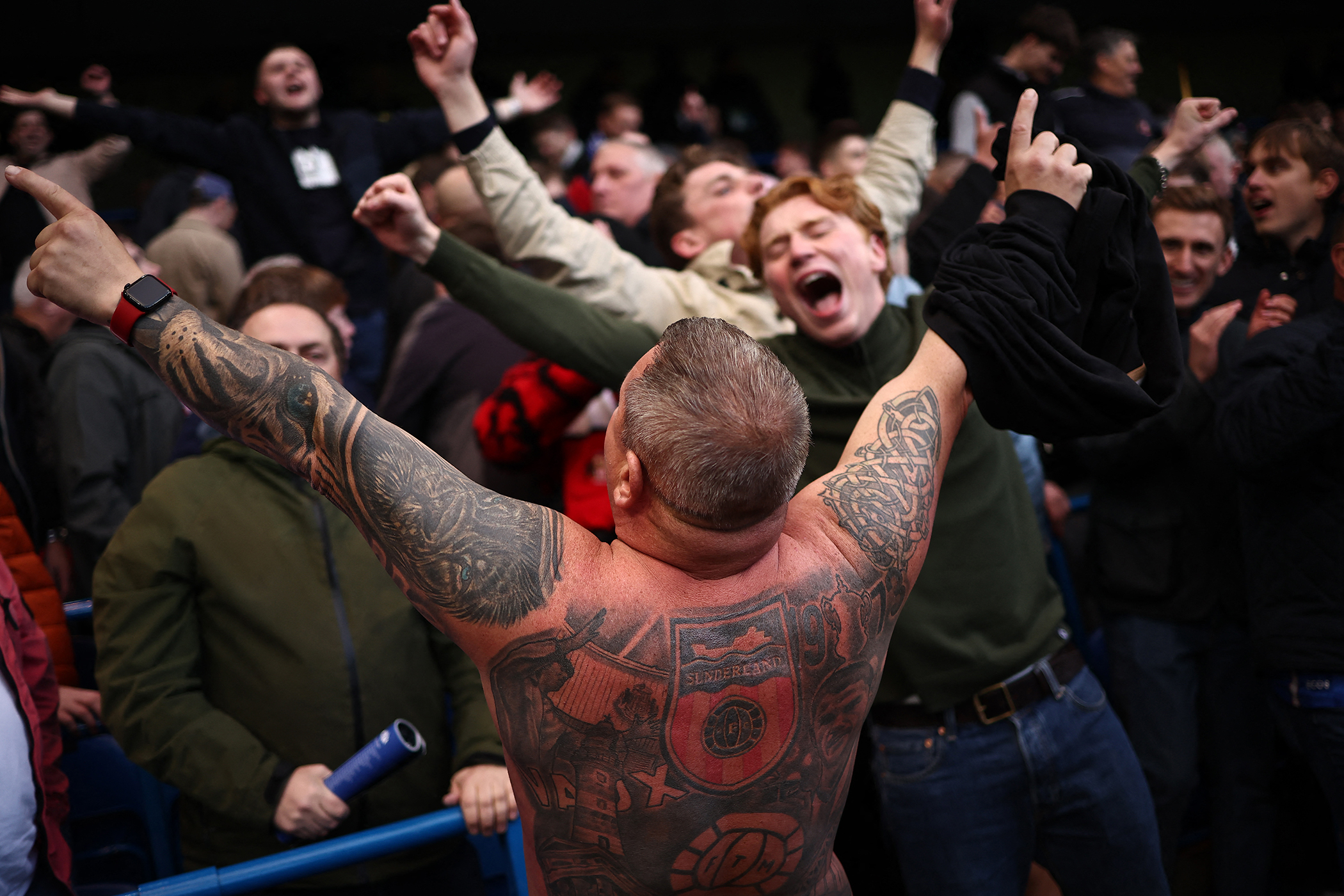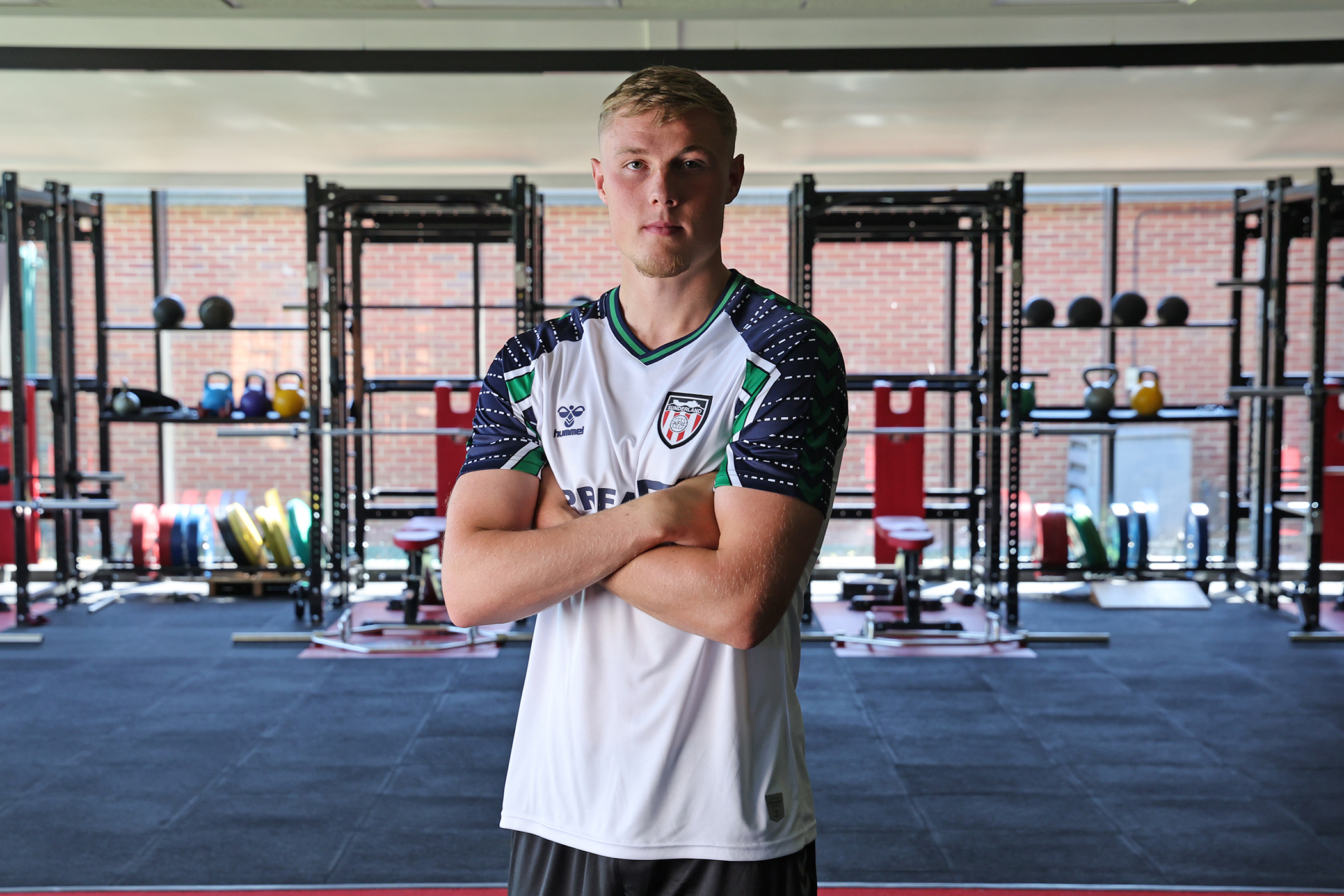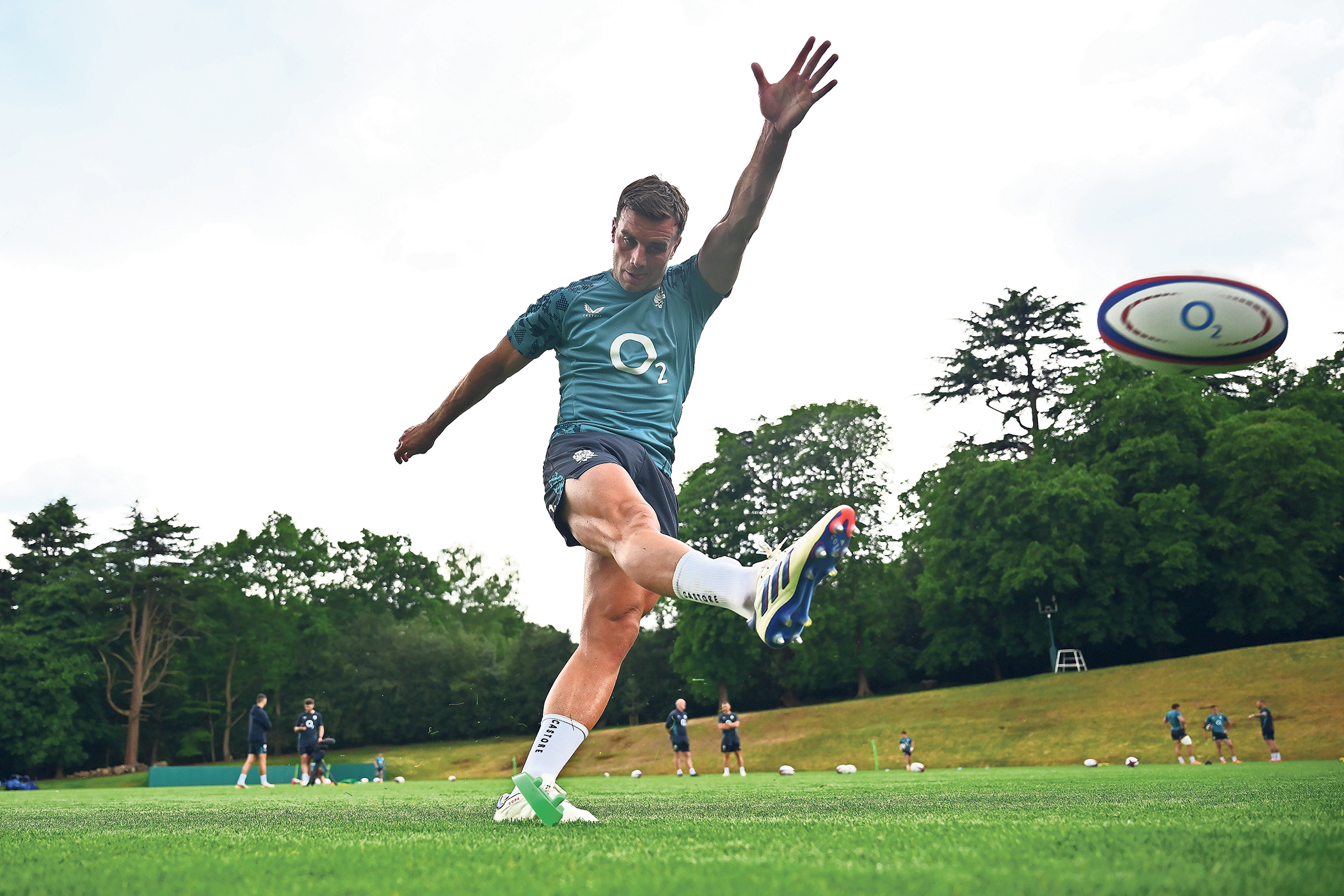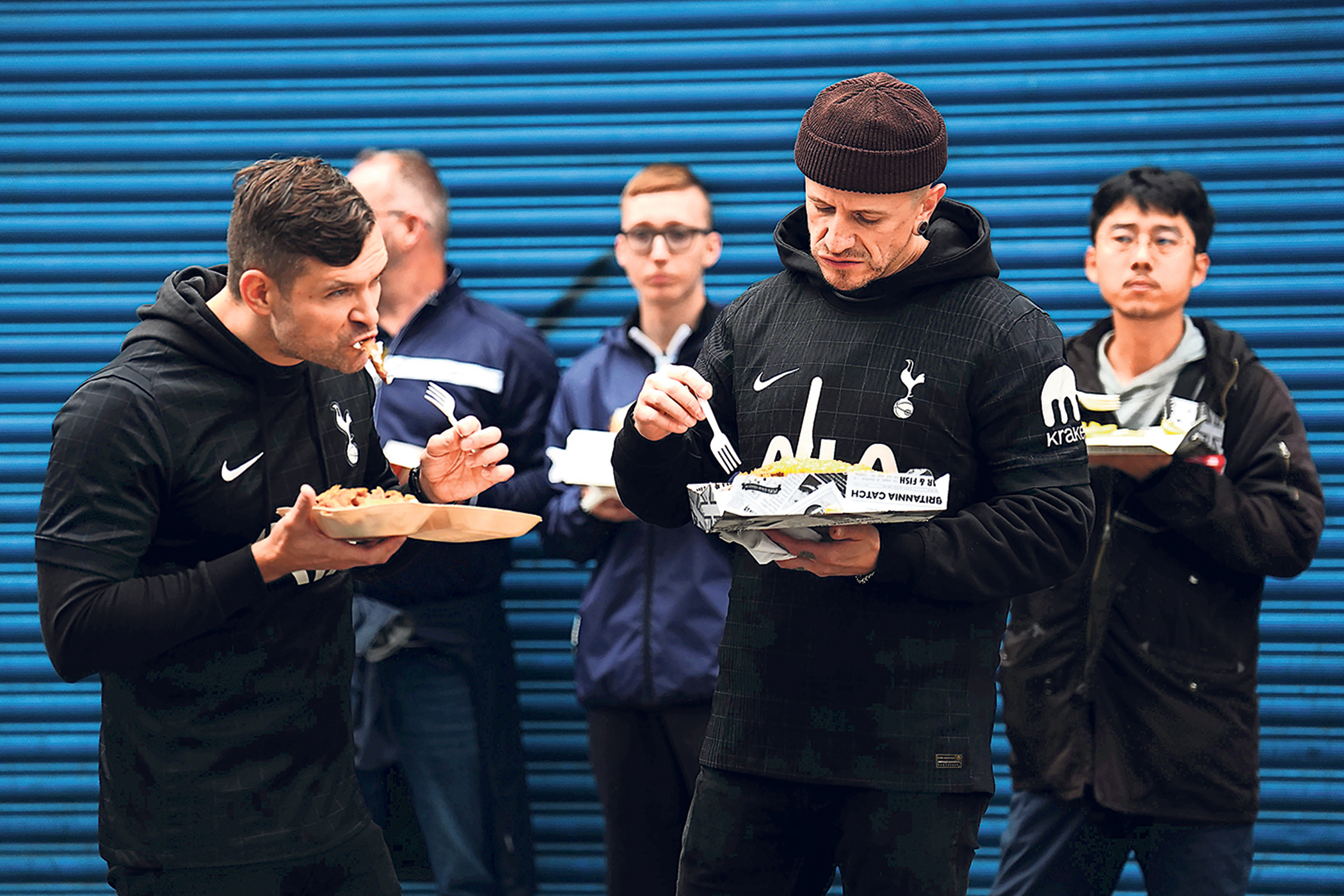
Cleverness, ingenuity and innovation have narrowed the gap between the empires and the dreamers
In pundit terms, “yer Bournemouths, yer Sunderlands and yer Brentfords” have made cartel-threatening starts to this Premier League season, mining deep data and ignoring big money’s rules to make England’s top division feel a bit more democratic.
When this weekend kicks off, Bournemouth lie second, Sunderland are fourth and Brentford (11th) have beaten Liverpool, Manchester United and Aston Villa at home. The three promoted teams don’t all look like going straight back down. Survival may end up being a data-use challenge rather than a wild romantic hope.
We’ve been here before. Sort of. Remember Hull City winning six of their first nine games in 2008-09? They finished 17th. Leicester’s deserved title win in 2016 at 5,000-1 was more a pea-shooter fired at the establishment than the start of a revolution.
There’s a difference now: the most upwardly mobile top-flight clubs are built to last, with business models that may transcend the old cycle of spend-hope-sack-regroup and start all over again.
In the bracket of those who believe in infrastructure investment (stadiums, training complexes) and intricate recruitment systems are Bournemouth, Brighton, Sunderland, Brentford, Fulham, Crystal Palace (though without the stadium bit) and several candidates outside the top tier, often American-owned. The US franchise culture is a religion of modern business practice – not wheeler-dealing or boom and bust.
Related articles:
However shrewd it looks, it’s precarious. Brentford have just lost their academy director (Stephen Torpey) and chief operating officer (Ameesh Manek) to Manchester United, not to mention Bryan Mbeumo. United even poached Brighton’s head performance chef, Will Carvalho.
While Chelsea were sweeping through Brighton to buy Moises Caicedo, Marc Cucurella etc they also lifted Sam Jewell and Paul Winstanley from the recruitment side – thinking it might give them access to owner Tony Bloom’s ‘magic’ algorithm. It didn’t. As with England, so with Scotland, where Bloom bought a share in Hearts, now top of the table and threatening the Celtic-Rangers duopoly.
If Brentford’s database can stretch to 85,000 players, though, and Bournemouth can be in second place despite selling three-quarters of a very good back-four, logic suggests we’re not just watching lucky streaks. Permanence has half a chance.
‘Down’ there in the Championship, affordable clubs with strong names are the next wave of contenders to make life harder for the oligarch clubs who’ve shared most of the Premier League titles this century. Birmingham City are desperate to join the new social mobility game and, predictably, shipwrecked Sheffield Wednesday are attracting the interest of “an American-based billionaire.”
It’s not only the business model that’s mutating. Premier League football feels fundamentally different, with fewer short passes, more direct play, set-pieces and long throws. The Barcelonisation of the English game was bound to exhaust itself. No single playing style has resisted the inevitable counter-culture that forms to defeat it. But it’s not just about fashion.
The world’s four richest people are all tech tycoons. Global wealth has polarised around the commodification of information. In football weirdly tech has empowered the less well off.
The markets where Bournemouth found Antoine Semenyo or Eli Kroupi are open to Man Utd and Chelsea too, but as Jurgen Klopp said recently of his interview at United, they were only interested in the big names they could sign, not the football they were going to play, or developing the bargain buys they might find.
Transfer fee porn still infects big club thinking. Cleverer, smaller data-mining clubs don’t have that luxury.
Even long throws are a symbol of (retro) disruptive thinking. The armies of analysts at rising clubs aren’t employed as aesthetes. Their job is to give Liverpool the thing Liverpool least want to deal with. Why take 10 passes from a throw-in to shift the ball into the six-yard box when you can chuck it, not aimlessly, but with choreographed plans for when it arrives.
Where there is subversion, a law is always passed against it. The law makers Ifab are considering bringing long throws into line with goal kicks with an eight-second time limit, either to preserve the game’s “fluidity” or put the disruptors back in their box.
With so much American ownership, it’s tempting to see long balls and throws as the arrival of ‘special teams’ in English football – sport as playbook, with set-piece coaches the new hot hire. Arsenal are frequently derided as a set-piece team. The difference there is that they could beat you five other ways if they chose to because they have such a good and deep squad.
Perhaps I should admit to an aversion to sky ball, route one and smash and grab, even if a clever university graduate has planned it on a laptop. But many of us also have an allergy to three or four clubs monopolising the Premier League title year after year.
They probably still will, but the league will feel more pluralistic if cleverness, ingenuity and innovation narrow the gap between the empires and the dreamers. The presumption of elitism and hierarchy became so ingrained that we saw the league split into three: contenders, consolidators and white-knuckle survivalists.
If the play looks less ‘sophisticated’ now and players keep leaving to join richer clubs and achieve ‘yield’ for the data-miners, there’s a gain as well: a bit more meritocracy.
Photograph by Henry Nicholls/AFP via Getty Images




